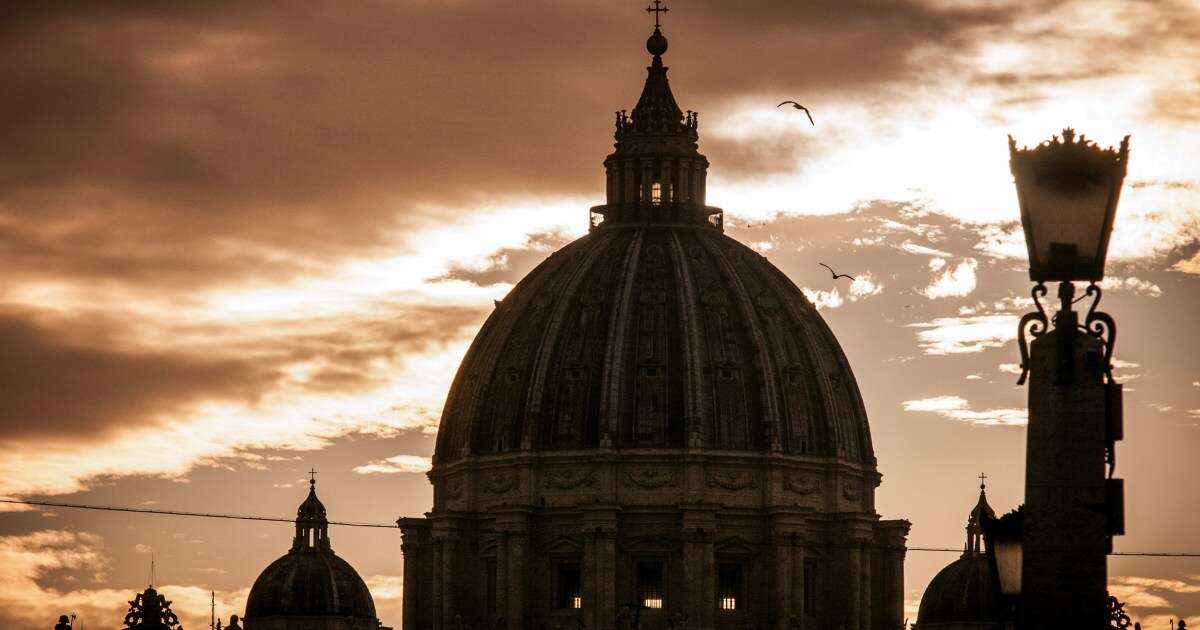
Vatican officials said Wednesday that transgender people can be baptized in the Catholic church.
“A transgender person, even if they have undergone hormone therapy and sex-reassignment surgery, can receive baptism under the same conditions as other faithful, if there are no situations in which there is a risk of generating a public scandal or disorientation among the faithful,” a Vatican office said in a document published Wednesday in Italian on its website.
The document was a response to six questions that Bishop Jose Negri of Santo Amaro in Brazil sent to the Vatican in July, regarding LGBTQ people’s involvement in routine Catholic practices, and released by the Vatican’s Dicastery of the Doctrine of the Faith. The document said it had been approved by Pope Francis on Oct. 31.
Vatican officials also concluded that transgender people can be godparents and witnesses at religious weddings. They added that an individual in a same-sex relationship can also be a witness in Catholic weddings.
The document appeared to suggest that children either adopted by same-sex couples or conceived through surrogacy cannot be baptized. It also implied that people in same-sex relationships should not be godparents to baptized children.
The Vatican’s stated willingness to include trans people in the church is the latest step it has taken to extend itself to the LGBTQ community.
Last month, Francis signaled an openness to allowing Catholic priests to bless same-sex couples on a case-by-case basis. However, Francis, 86, added that same-sex blessings should not be seen as synonymous with heterosexual weddings.
Some leading Catholics who have advocated for the inclusion of LGBTQ people in the church praised the Vatican’s statement.
The Rev. James Martin, an American Jesuit who runs outreach ministry for LGBTQ Catholics, wrote on the X platform that pastors in some dioceses had prevented transgender people from being baptized, serving as godparents or being witnesses to marriages.
“As such, this is an important step forward in the church seeing transgender people not only as people (in a church where some say they don’t really exist) but as Catholics,” Martin said.
